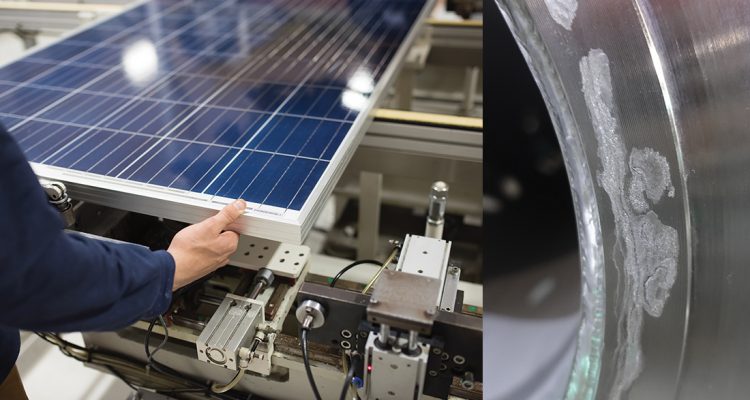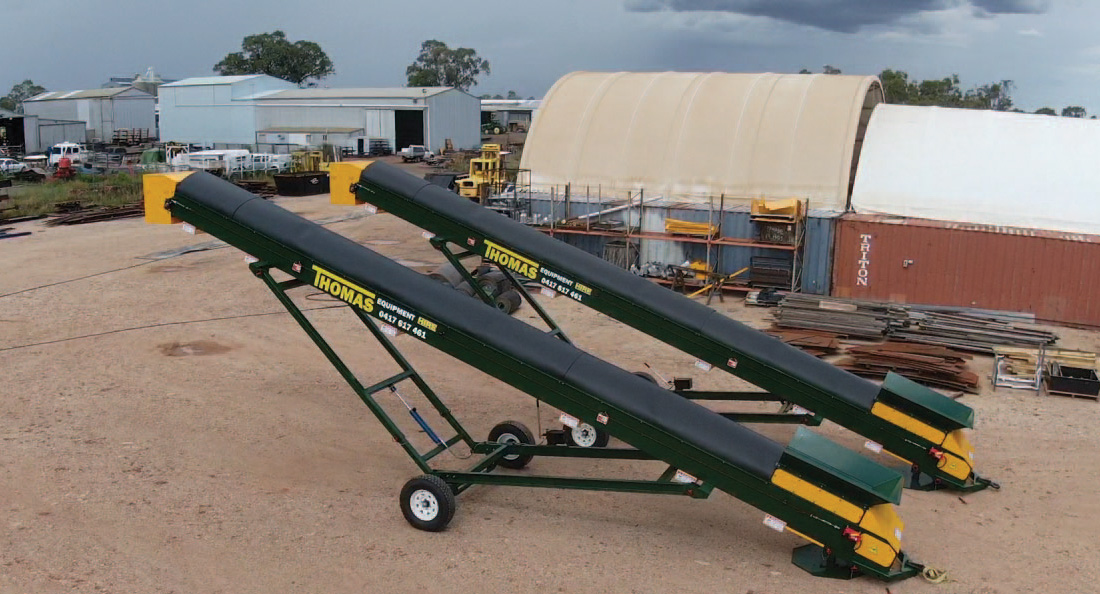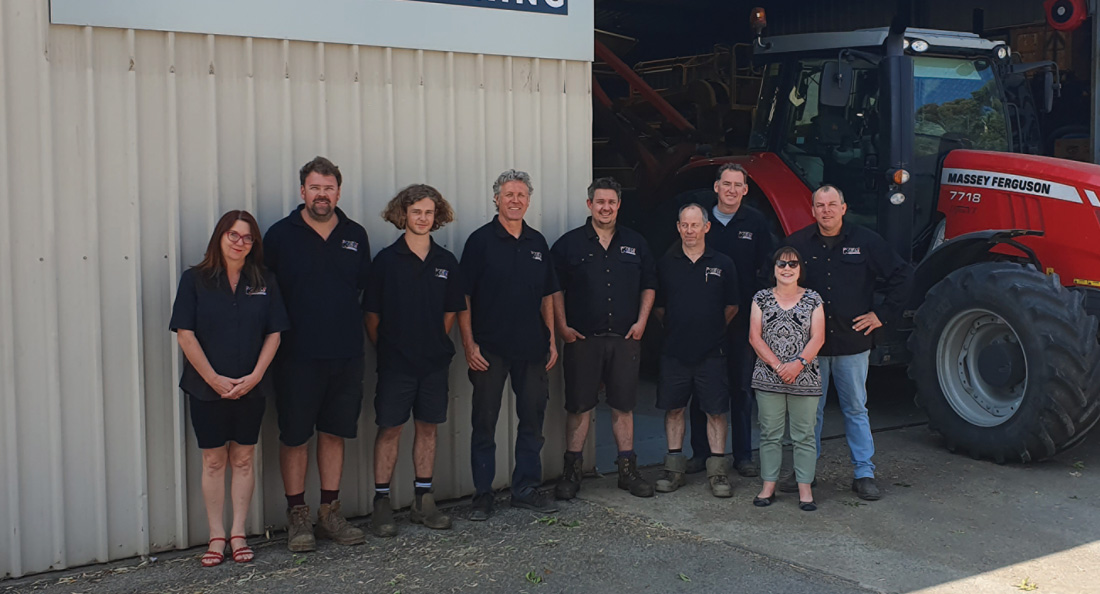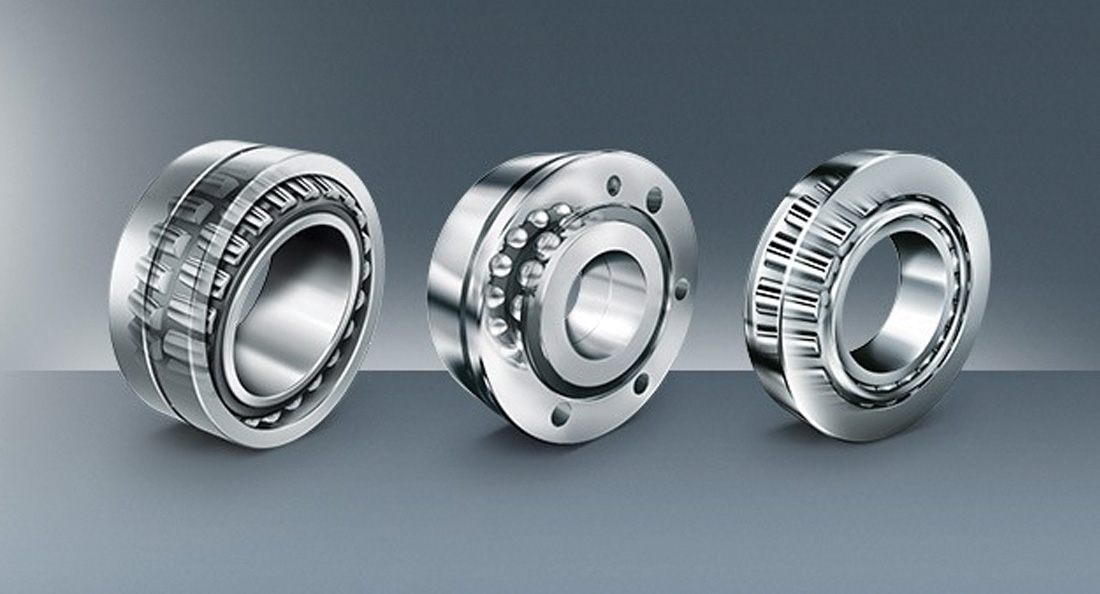Combating corrosion is an imperative focus in sourcing components for industrial settings. Oil, gas, power, manufacturing, and marine environments all have harsh effects on standard sealing solutions, which often leads to a shortened product life. When it comes to gaskets, traditional sealing materials such as graphite, mica, and polytetrafluoroethylene (PTFE) exhibit poor corrosion resistance and fire safety.
Dominik Holland, Area Business Manager at Seal Innovations, part of Motion Australia, has been working with gaskets for 15 years, garnering an intimate knowledge of the best design practices in sealing technology. He says that creating high-quality sealing solutions for environmentally rugged applications has been a primary challenge for part manufacturers in recent years.
“Gaskets are a type of static sealing, often placed between two connecting pipes or flanges. The basic principle is that it stops whatever is running through those pipes from leaking in a static arrangement, as opposed to a dynamic seal on a pump or similar,” he explains.
According to Dominik, Seal Innovations is well-placed in the Australian market to invest in research and development, and relies on Motion Australia’s national footprint to garner strong relationships across several core industrial sectors.
“We have a gasket manufacturing facility in Eagle Farm, Brisbane. At that site we have a laser, knife cutter, waterjet cutter, lathes, presses, spiral winders and kammprofile milling machines. That gives us the capability to deliver products quickly in a market that is struggling with import delays. If a customer needs something urgently, we can get it to them within a couple of days, rather than them having to wait for several weeks.”
He says that learning to adapt to customer needs and a changing industry landscape has benefited the business model, and strengthened their position to offer tailored product and service to a broader range of customers in more future-focused domains.
“Historically, oil and gas have been our biggest industry markets, but they are both shrinking in Australia. This means we are looking into new avenues for potential growth, such as manufacturing and renewables. We sell a wide range of gaskets, from standard flange to highly specific, custom-made products.”
“Our established engineering team bring many years of expertise to the product design,” he continues. “We are a licensed manufacturer of Flexitallic gaskets, who are focused on investing in the development of new materials and technologies in sealing. Whether that is from high temperature resistance, to chemical applications, it gives us an edge in the national market as their sole distributor.”
Recently, Flexitallic have introduced a new sealing material to the market called Corriculite. This non-conductive filler is specifically designed for use in corrosion-prone environments, and boasts superior sealing performance. Having undergone electrochemical evaluation, it has been found that Corriculite is 100 times tighter than graphite, rendering it far more suitable for seawater and hydrocarbon settings.
“Corriculite is hugely beneficial for a number of reasons,” Dominik explains. “Firstly, it has a much lower leak rate than other gasket materials. It is also very resistant to corrosion, which makes it suitable in harsh environmental settings, for example, in seawater. We are currently in discussion about trialling it in desalination plants in Victoria, and a desalination plant in Perth, where it is proving much more successful than the previous materials used there.”
When tested in real world conditions, Corriculite showed a 1 percent loss of pressure, whereas a graphite gasket measured at 17 per cent loss in the same period of time. Seal Innovations believes that this material will set the new industry standard for combined sealing and durability in gasket design.
Far from a ‘pick and ship’ service, Seal Innovations opts for an involved approach to growing customer relationships by sharing knowledge and skills to site operators. This is to ensure ultimate safety and efficiency when installing and maintaining sealing parts.
“We usually supervise the installation of gaskets, but we also offer comprehensive training on-site for customers,” says Dominik. “We have flange set-ups that are built for that purpose and we can demonstrate the best process for tightening bolts, change-outs and identifying different materials.”
As a division of Motion Australia, Seal Innovations mirrors their values of hands-on and end-to-end customer support, going above and beyond to solve issues on-site in a timely and thorough manner. As a one stop shop for sealing products across hydraulic, rotary and machinal systems, they employ a wealth of industry knowledge and experience across eight conveniently located branches.
“I will often go on site to review certain applications; it is very hands-on generally,” Dominik says. “Whatever the customer needs assistance with, we are absolutely there for them. For some contract customers, I meet up with them every week or every two weeks to assess ongoing projects and ensure full spectrum aftermarket service is offered.”
Corriculite seals the deal for Eddie the Engineer
• Fire Safe to API 6FB
• Inert, non-conductive filler material prevents the onset of galvanic corrosion
• Reduced maintenance costs
• Reduces costly shutdowns
• Maintains seal integrity
• Extends equipment life
• Eliminates safety & environmental risks




